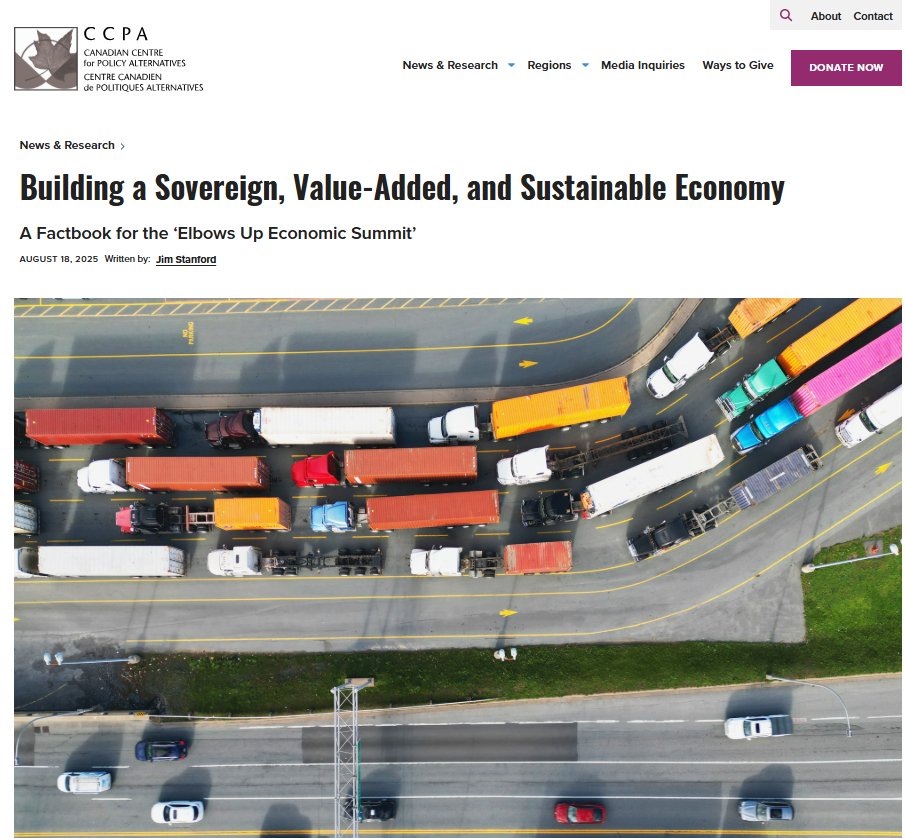Some thoughts on BC Liberal plan to eliminate PST for 1 year, and cut it by 4 points (57%) after that:
The 2020 budget says PST would raise $7.9b this fiscal year, rising to $8.6b by 2022. So the Liberals' costing seems too low.
#bcpoli ...2
The 2020 budget says PST would raise $7.9b this fiscal year, rising to $8.6b by 2022. So the Liberals' costing seems too low.
#bcpoli ...2
They say their plan would cost $6.9b in year 1, $4b after. Seems like it would be more like $8b in year 1 (depending when it starts), $4.5-5b/year after that. So they are low-balling the fiscal implications of this very expensive idea. ...3
In year 1, their plan would thus increase the (already-record-high) provincial deficit by over half: from projected $13b to something like $21b. I am not averse to larger deficits to spur post-COVID reconstruction, but we need to be sure we're spending the funds well. ...4
Sales taxes are not what's holding back economic recovery: lack of income and confidence is the problem. Canadians are actually saving their income at a record rate (28% of disposable income in 2nd quarter, highest on record, 10x usual saving rate) out of fear of the future. ...5
In this depressed context, where Canadians are already socking away close to 30cents of each dollar of dispoasable income, eliminating sales tax is like pushing on a string. A very expensive string. Much better to spend directly to boost employment, incomes, confidence. ...6
Interesting to note that growth in BC's retail sales has been much stronger than the Canadian average: up 2.1% in July (s.a.) vs. 0.6% for Canada, up 5.7% yr/yr (vs. 2.7% for Canada). BC's sales tax (3rd lowest in Canada to start with) is not holding back retail sales here ...7
And let's compare BC to Alberta (which has no provincial sales tax, and thus is the BC Liberal role model). BC's monthly sales growth was almost 2x Alta's in July. Year/year sales growth 3.5 times better than Alberta's. Alta has many probs, absence of sales tax hasn't helped ...8 

In depression-like circumstances, boosting spending is the critical task of macroeconomic policy. Tax cuts are never as effective as direct spending in this regard, because so much of the stimulus leaks out in savings. This leakage is extraordinarily bad during #COVID19 ...9
On the distributional side, sales taxes are mildly regressive, so cutting them could be seen as mildly progressive. The Liberals are playing up this angle, but that concern doesn't fit well with their overall worldview (eg. their opposition to high-income PITs). ...10
But even with a flat rate sales tax, rich people still get far larger absolute savings than low- and middle-income people. And the distributional impact of the tax cut cannot be considered separately from the effects of corresponding program spending. ...11
The combination of raising revenues through a sales tax & spending it on public programs (which are generally strongly progressive in distributional effect) is definitely progressive. Since PST cut will inevitably be accompanied by spending cuts, this is still regressive. ...12
There are far better ways to spend $8b & spur more genuine & lasting economic recovery in BC, including:
* rapidly expand affordable child care
* accelerate physical & social infrastructure projects
* non-market housing
* partner with municipalities to retain vital services ...13
* rapidly expand affordable child care
* accelerate physical & social infrastructure projects
* non-market housing
* partner with municipalities to retain vital services ...13
Finally, this episode puts another nail in the coffin of the old stereotype that conservatives are fiscally prudent. They rail about deficits when it suits them (O'Toole is doing so federally now). But spend like drunken sailors, on THEIR priorities, when they have a chance ...14
Here's Andrew Wilkinson, July 15, on the $13b projected deficit: this is "not sustainable," "we can't carry on like this." omny.fm/shows/mike-smy…
Today he wants to *increase* that deficit by over half--and then invoke that deficit to justify later spending cuts. #StarveTheBeast
Today he wants to *increase* that deficit by over half--and then invoke that deficit to justify later spending cuts. #StarveTheBeast
• • •
Missing some Tweet in this thread? You can try to
force a refresh











